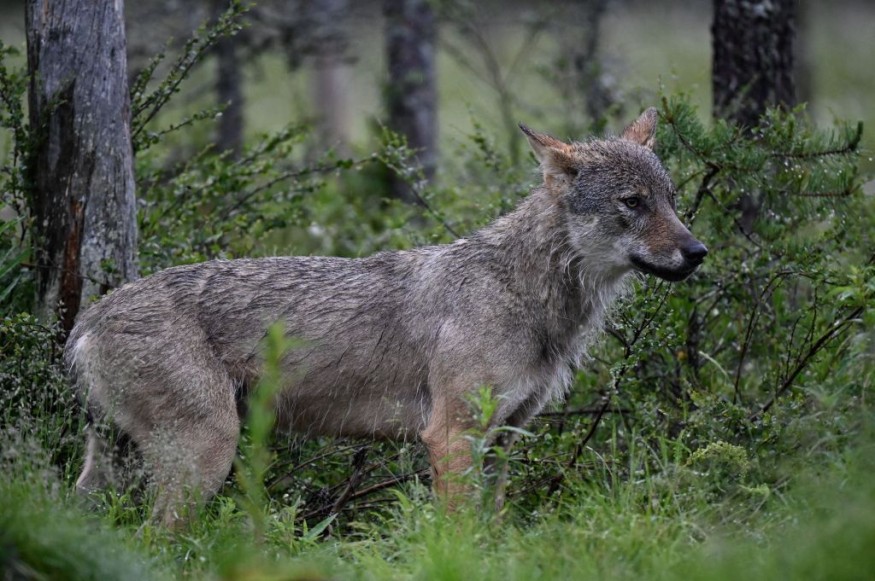The European Commission has proposed downgrading the wolves' level of protection, which may open the door for localized culls and hunting.
Protected Status of Wolves

The European Commission recently announced its intention to change the international status of wolves from "strictly protected" to "protected" based on the new data as regards the increased populations and impacts.
According to the EU Habitats Directive and the Bern Convention, wolves are highly considered as a strictly protected species, which means that unless the animals endanger humans or livestock, it is an illegal action to capture and worse, kill them.
The EU executive also estimated that there are currently 20,300 wolves living in all but three EU member states, based on the latest report of authorities. This number is nearly double when compared to the data in 2012.
The report also implied that, of the six million sheep in Europe, about one in 1,500 are lost annually due to wolf attacks, while the total for all livestock, including goats, cattle, and smaller numbers of horses and donkeys, is estimated to be "at least" 65,500.
"The comeback of wolves is good news for biodiversity in Europe. But the concentration of wolf packs in some European regions has become a real danger especially for livestock," said EU President Ursulavon der Leyen.
Brussels, Belgium is also being called on to alter the protective status of wolves so that hunting and farming clubs might take more animals down.
Authorities there claimed that farmers are "under enormous pressure" to safeguard their cattle.
Read Also : Wolves Attacking Livestock On The Rise In EU; Officials Reviewing Their Conservation Status
No Scientific Backing
Environmental activists wrote to the Commission to express their displeasure that "a policy decision on such a crucial issue is being prepared in an untransparent manner" and to emphasize that "any decision to change the protection status of wolves must be based on reliable scientific data."
The decision to alter the wolves' status under the 1979 pact has "no scientific backing," according to Léa Badoz of the NGO Eurogroup for Animals.
"The proposal reflects a strategic, opportunistic and political move which raises concerns about its motivations and alignment with genuine policy objectives," she pointed out.
Von der Leyen is well-known for having lost a family pony to a wolf attack last year. When she said in September that the wolf groups constituted a serious danger "potentially also for humans," she has been accused of being an alarmist.
A year ago, the European Parliament passed a motion which advocates for the EU Habitats Directive to reclassify wolves as needing less protection. However, a prospective modification is still some way off.
Based on present regulations, the Commission's present proposal needs to be approved by the majority of member states and the 50 parties to the Bern Convention before it can even table an amendment bill. The Commission ended its most recent annual committee meeting earlier this month.
© 2025 NatureWorldNews.com All rights reserved. Do not reproduce without permission.





